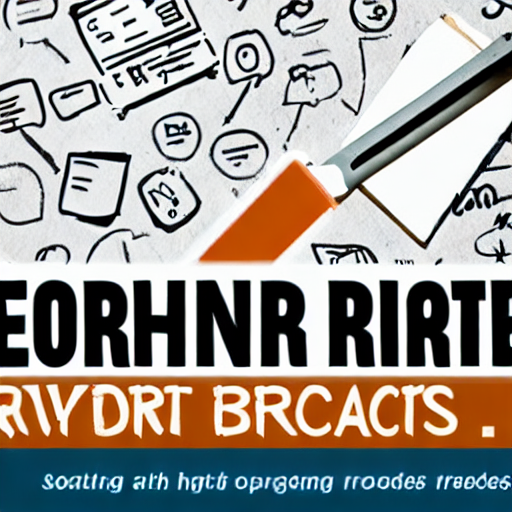

In the fiercely competitive world of online advertising, a strong foundation is paramount. And that foundation is built on effective keyword research. Determining the precise words and phrases potential customers use when searching for your products or services is the single most important factor influencing the success of your Google Ads campaigns. But keyword research isn’t simply about listing a bunch of terms. It’s a strategic process that demands careful planning, analysis, and ongoing refinement. This article delves into the best practices for keyword research, specifically considering the contrasting strengths and weaknesses of in-house teams versus Google Ad Management Agencies. We’ll explore how each approach can be effective and, more importantly, how to optimize your strategy for maximum ROI.
Let’s start with the ‘why’. Without thorough keyword research, your Google Ads campaigns are essentially shouting into the void. You’ll be wasting precious budget on irrelevant searches, driving unqualified traffic, and failing to connect with your target audience. Conversely, when done correctly, keyword research directly informs your bidding strategies, ad copy, landing page design, and overall campaign structure. It’s the cornerstone of a successful Pay-Per-Click (PPC) or Search Engine Marketing (SEM) strategy. Google’s algorithm rewards websites that provide relevant results for user queries, and effective keyword research ensures your ads are positioned to meet that demand.
It’s critical to understand the different categories of keywords you’ll be targeting. This understanding will shape your research methodology. Here’s a breakdown:
Several powerful tools can assist you in your keyword research. Each has its strengths:
Don’t just rely on Google’s suggestions. Analyze your competitors’ Google Ads campaigns. Tools like Ahrefs and SEMrush allow you to see which keywords your competitors are bidding on and how they’re structuring their campaigns. This reveals valuable opportunities and helps you identify untapped niches. Look for keywords with high search volume and low competition—a “sweet spot” that’s currently underserved.
Once you’ve identified your keywords, you need to map them strategically to your Google Ads campaigns. This involves grouping keywords based on their relevance and intent. For example:
Now, let’s address the core question. Which is more effective—an in-house team or a Google Ad Management Agency? Here’s a detailed comparison:
| Feature | In-House Team | Google Ad Management Agency |
|---|---|---|
| Expertise | May lack specialized knowledge and experience in PPC. | Offers a team of dedicated PPC specialists with proven track records. |
| Cost | Significant upfront investment in salaries, training, and tools. | Typically operates on a percentage of ad spend, offering a more predictable cost structure. |
| Time Commitment | Requires a dedicated team member to manage campaigns, track performance, and optimize bids. | Agency handles all aspects of campaign management, freeing up your time. |
| Scalability | Difficult to scale quickly as your business grows. | Agencies can easily scale your campaigns to accommodate increased traffic and sales. |
| Access to Data & Reporting** | Can be challenging to gather and analyze comprehensive data. | Agencies provide detailed reporting and insights into campaign performance. |
When an in-house team might be advantageous: If you have a highly specialized business and a team member with strong analytical skills. However, this requires a significant investment of time and resources.
When a Google Ad Management Agency is generally preferable: For most businesses, particularly those lacking in-house PPC expertise, an agency offers a more efficient and effective solution. They bring specialized knowledge, proven strategies, and the ability to scale your campaigns.
Effective keyword research is the foundation of successful Google Ads campaigns. By understanding your target audience, utilizing the right tools, and implementing best practices, you can significantly improve your ROI. Whether you choose to manage your campaigns in-house or partner with an agency, a strategic approach to keyword research is essential for achieving your business goals.
Disclaimer: *This information is for general guidance only and may not apply to all situations. Consult with a qualified PPC professional for tailored advice.*
Tags: keyword research, Google Ads, Google Ad Management, in-house team, agency, PPC, SEM, best practices, search terms, competitive analysis, long-tail keywords, keyword strategy
[…] phrase targeting starts with thorough keyword research. Don’t simply copy keywords from a competitor’s campaign. Instead, focus on understanding your […]